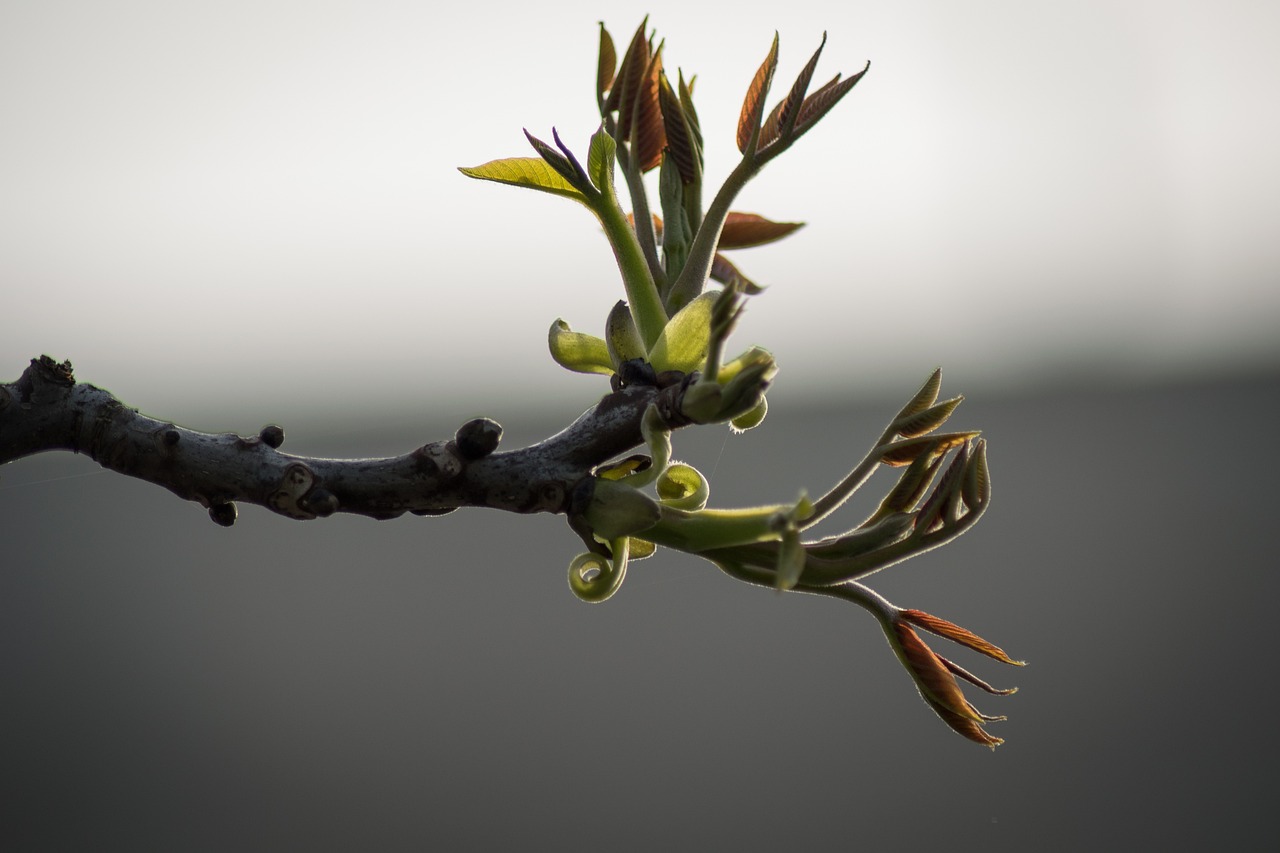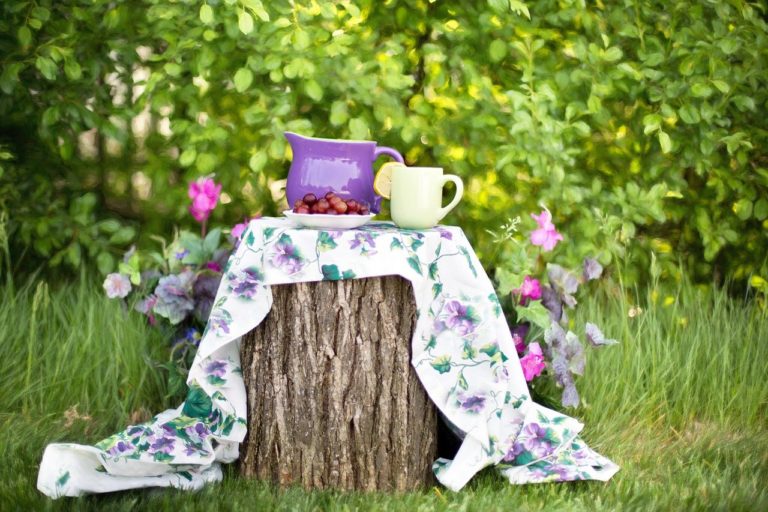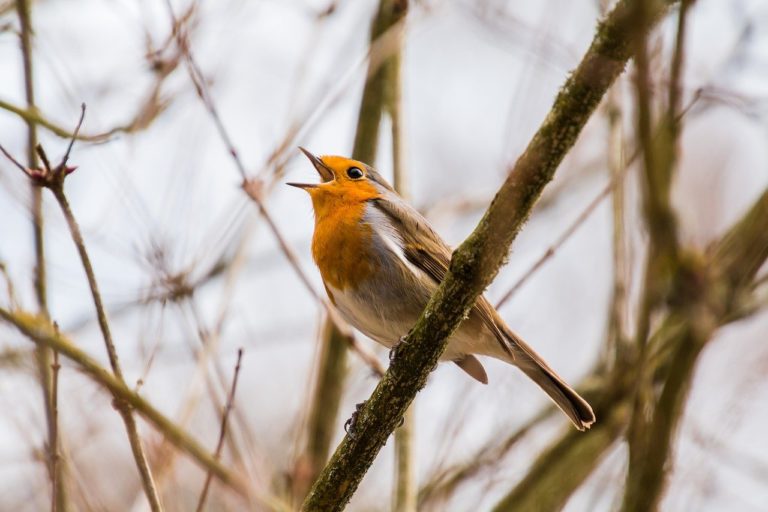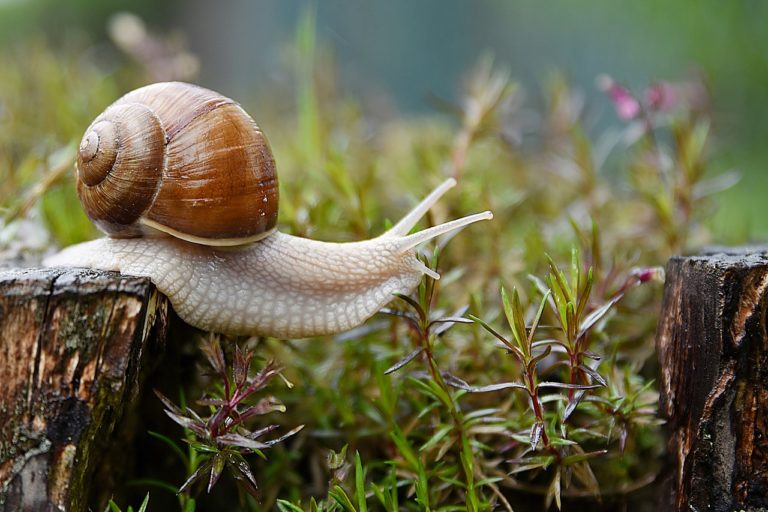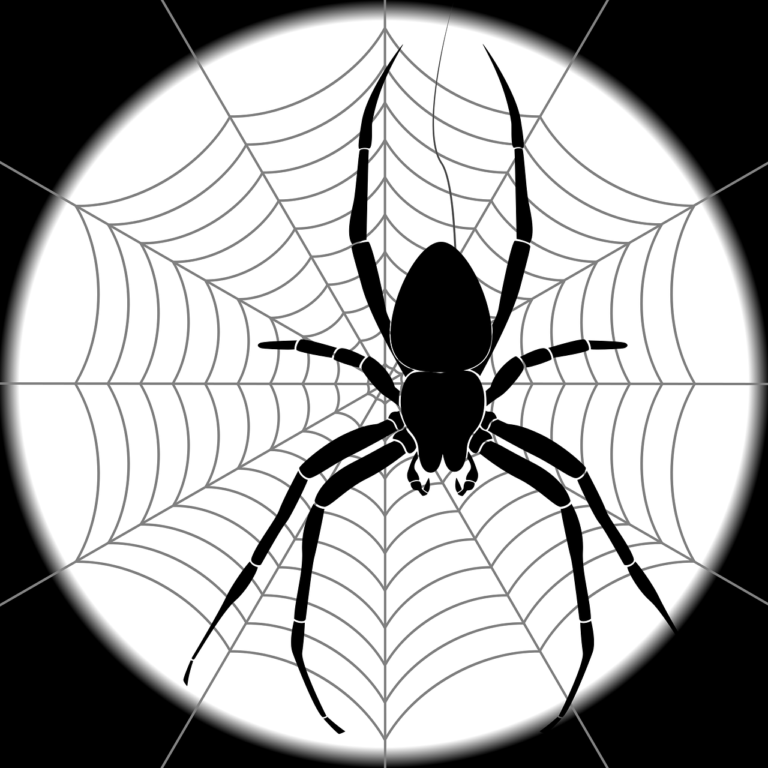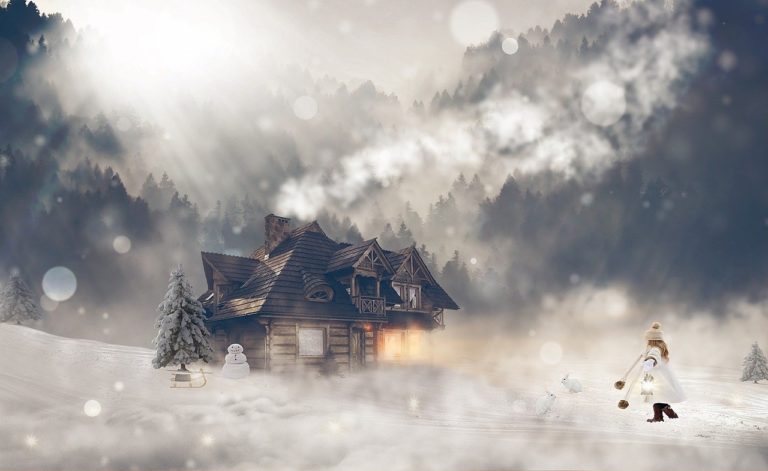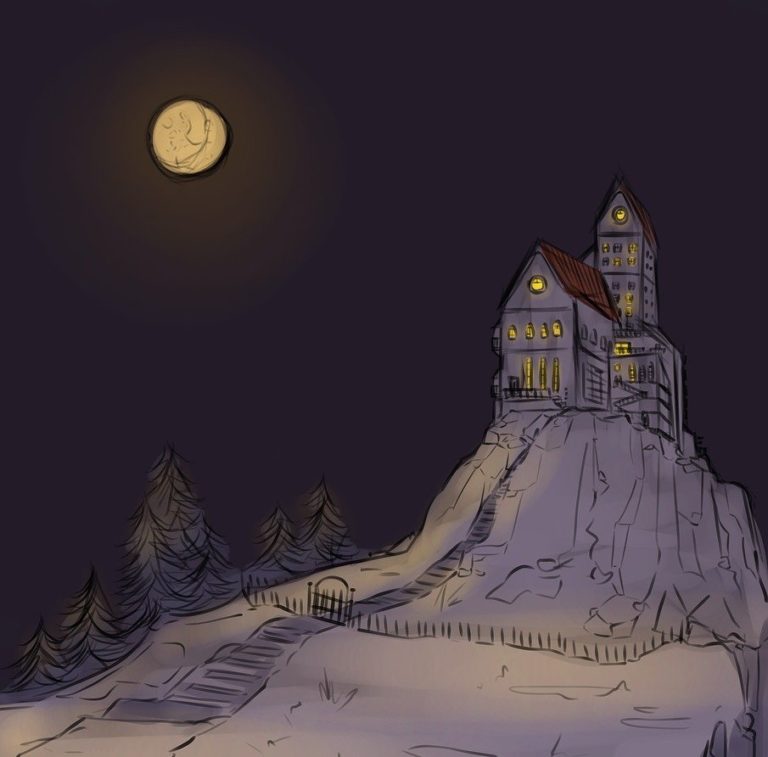The Old Woman and the Little Tree
One morning as an old woman was going to fetch her water, she noticed a little tree growing by the side of the path. That poor little tree! It was more like a twig standing upright in the ground, with a few skinny branches and a handful of withered leaves.
The Old Woman and the Little Tree – Read and Print
By Rachel Dunstan Muller, copyright 2022
(Scroll to bottom for printable PDF)
There was once an old woman – a very unhappy old woman – who lived all by herself in a tiny hut on the edge of a village.
Every night as the sun went down, the old woman would groan and complain. “Oh, woe is me. I must be the most miserable woman in all the world. The birds have their nests, the fish have their streams, but what do I have? Nothing but this wretched little hut, which barely keeps out the rain.”
Now, to earn money for her food, the old woman tended other people’s gardens. But she was too tired to do more digging when she returned home at the end of the day, and so she didn’t have a garden. The ground around her hut was covered with brambles and weeds.
The poor old woman. To get fresh water every morning, she had to scramble all the way down a steep path to a little stream that ran through the rocks. And there she would fill her jug with cool, clear water. Now, if you’ve ever carried water, you know that it’s very heavy. The old woman would moan and groan with every step.
But one morning as the old woman was climbing down to fetch her water, she happened to notice a little tree growing by the side of the path. Well, it was hardly a tree; it was more like a twig standing upright in the ground, with a few skinny branches and a handful of withered leaves. She must have passed it a hundred times, and yet, somehow, the old woman had never noticed that tree before.
But on this morning, she did see it, and she stopped right beside it. “Oh, you sad little tree,” the old woman said. “Don’t you know you’ll never grow here, not in this stony ground. Why, you’re even more wretched than I am.”
Well, the old woman could barely take care of herself; what could she do for a tree? And so she continued down the path to the stream. But on her way back up again, she stopped for a second time, and she gave the tree a tiny trickle of water from her jug.
The very next morning, when the old woman walked down the path – there was the tree again. Well of course it was there; where else would it be? That poor little tree; it looked just as pathetic as the day before. And so, on her way back up the path, the old woman stopped again, and gave it a little more water.
And so it went. Every morning for a week the old woman watered that tree. And when she was finished every morning, she checked the tree’s withered leaves. She was waiting for them to uncurl and turn from brown to green. After all, she was giving the tree some of her precious water every day. But instead of uncurling and turning green, one by one those dry leaves fell off, until the tree was completely bare.
When she saw the last leaf lying on the ground, the old woman was so disappointed, so frustrated, that she stomped both her feet. “Oh, you sorry little tree! I told you you’d never grow in this stony ground.”
All that day and all that night, the old woman could not get the little tree out of her mind. That poor, sad – lonely little tree. The old woman barely slept a wink.
But the next morning when she got up, the old woman had a plan. And when she went back down the path, she had a shovel in her hand. “I told you you’d never grow here,” she said, as she dug up the tree. “But you might grow somewhere else.”
And so it was that the old woman carried the little tree home and planted it beside her hut. Then she watered it, and she waited for it to grow. Day after day she waited – until finally one morning, just as she was ready to give up, she saw two tiny buds on one of the tree’s skinny branches. Well, the old woman was so excited when she saw those buds, that she laughed and clapped her hands.
Those two tiny buds changed everything. For the first time in more years than she could remember, the old woman had something to look forward to. Every morning as the sun was rising, she rushed from her bed to greet the tiny tree, to see how many new buds had appeared in the night.
And more buds did appear, and then those tiny buds opened up and became leaves and pale pink blossoms. Of course, it wasn’t long before the bees found those blossoms, and soon the little tree was covered with tiny green cherries.
Now, let me tell you – it wasn’t easy for the old woman to be patient. But she waited. She waited, and waited, and waited until finally, those cherries grew so red, they were almost purple, until they were so ripe, they were nearly bursting from their skins. Then she picked the first cherry and plopped it in her mouth. Mmmm. It was the sweetest thing she’d ever tasted!
Now, do you think that old woman is still miserable? Of course not! In fact, if you were to pay her a visit today, I don’t think you’d recognize her. Taking care of that little cherry tree – which is now a great big cherry tree – has brought the old woman so much joy, that one by one she’s planted other things as well: berry bushes, and more fruit trees, and vegetables and flowers.
It means, of course, that she has to make many more trips down to the stream these days, to fetch enough water for all the plants in her new garden. But it’s very strange; her heavy water jug seems a little lighter than it used to, and the steep path, well, it doesn’t seem quite as steep.
The old woman doesn’t complain any more as she’s getting ready for bed. Instead, as the sun goes down, she gives thanks: for her beautiful garden, and for all the birds and animals and new friends who come to visit her in that garden. “Oh, how happy I am,” she whispers to the night. “I must be the happiest woman in the world.”
Print PDF
This story may be reproduced and used for personal or educational purposes only. Permission must be obtained from the author for public performance, reproduction or commercial use.
